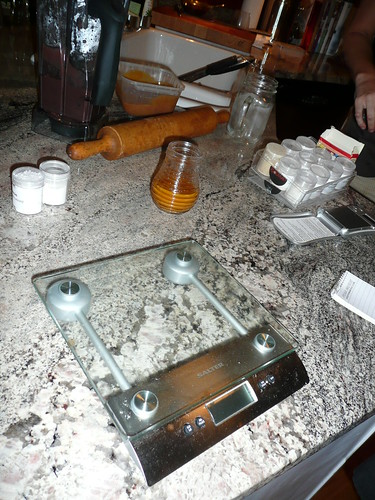In the last two weeks, I’ve seen a surprising glut of Non-Disclosure Agreements that were exactly the *opposite* of what my clients expected to see.
What to do I mean?
I mean, these NDAs all had express permissions for the receiving party to use or disclose the information they receive in the course of their business. In other words, these contracts had the standard confidentiality obligations one would expect to see in an NDA but then also included some carve-outs. However, the effect of the carve-outs was so big that they turned the NDA on its head.
Essentially, August 2011 has been the month where the big company form Non-Dislcosure Agreements I received morphed into a Permission to Compete With My Client (By Using Their Disclosures) Agreement.
In several cases, given the business realities and the difficulty of getting big company legal time to review my edits, I recommended that my clients refuse to sign and limit their disclosure to only those things they’d feel comfortable disclosing without an NDA.
Thankfully, this approach worked against several large companies. Apparently, the message that’s been conveyed to the random middle/high-level project/product manager at several Fortune 50 Companies is: “Get ’em to sign our terrible form if you can. If not, don’t sign anything, but have a limited meeting anyways.”
This is a shift for me. Historically, my experience with large companies was that they wanted you to sign their form before the meeting, no matter what. Several years ago, however, their forms weren’t draconion permission to compete agreements with free perpetual non-assert clauses (I’m not exaggerating, one form I received included an non-assert clause for all IP rights associated with everything disclosed by my client in connection with the agreement).
Moral of the story? NDAs, while typically boilerplate and uninteresting, can occasionally contain provisions that give up the ghost. My August clients are very happy they were safer rather than sorrier (and several reported back with entertaining tales of embarrassing their business counterparts at the big companies when they pointed out why they just couldn’t sign the new version of Fortune 50 company’s NDA)













